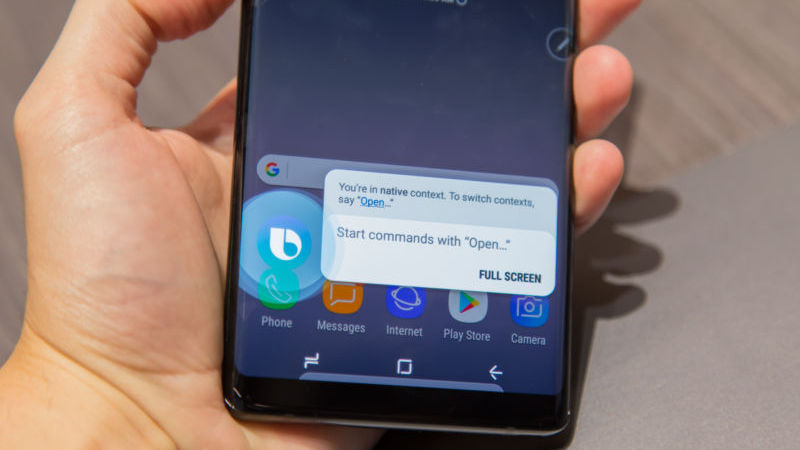
Samsung's annual developer conference at Moscone West in San Francisco doesn't always get a lot of public attention; in past years, it has often focused on things like Tizen app development. But at this year's conference, the company focused on launching a new platform for connected devices in the home, the car, and elsewhere—or, at least, a collection of previously existent platforms that are getting updated and combined into a new one.
That new platform is called SmartThings Cloud, and it unites existing Samsung IoT services like SmartThings, Samsung Connect, ARTIK, and Harman Ignite. Frankly, Samsung's offerings have been a confusing mess of different platforms and services with overlapping functionality and purposes. SmartThings Cloud is mostly a rebranding, which could mean little, but developers may be hopeful that it also means an actual restructuring of resources and products to unify what Samsung is doing across all of these.
Within that umbrella, you have a couple new products that are more interesting than just a rebranding. Consumers and developers alike are already familiar with Bixby, Samsung's virtual assistant answer to Siri, Google Assistant, and Alexa. It replaced S Voice, a lackluster offering on previous phones, when it launched this year. Unfortunately, Ars found Bixby to be frustrating and unfinished. It's telling, then, that Samsung has already moved on to announce Bixby 2.0 at the conference just a few months after the initial launch.
To announce the update, Samsung's Eui-Suk Chung loftily wrote, "Bixby 2.0 is a bold reinvention of the platform. A reinvention aimed at transforming basic digital assistants from a novelty to an intelligence tool that is a key part of everyone’s daily life."
Sadly, Samsung didn't get into many specifics about how Bixby 2.0 will be improved, other than that it will be an open platform, it will learn who different members of your family are (competing products already do that), and that it will be "ubiquitous" across devices. To start, Bixby is coming to smart TVs and refrigerators in the US and Korea next year.
The fact that Bixby 2.0 will be open to third-party developers could be helpful, and it may address one of Ars' chief complaints about Bixby (the inferiority of its ecosystem). But 2.0 likely won't fundamentally address the product's flaws. However, Samsung did promise its natural language capabilities will improve, and that may be thanks to the fact that Bixby 2.0 is born out of Samsung's acquisition of Viv, a company started by the creators of Siri. It's hard to judge how much that acquisition will impact the quality of Bixby 2.0, but it could be significant.
We want to hear more about what Bixby 2.0 does differently, but Samsung isn't sharing much yet. In any case, the company has already opened up its private beta program for the Bixby SDK to select developers.
The ubiquity across devices aspect of Samsung's ambitions is tied to another product and platform announcement—Project Ambience. The promise here is that you can turn previously dumb devices into smart ones with a dongle or chip. You could use Bixby's intelligence and commands to manage all the devices you attach this dongle to. But as with Bixby 2.0, Samsung is doing a lot of talking without really saying much. Specifics are scarce.
It all sounds like a cool vision—everything is intelligent; if it's not intelligent already, it can become intelligent. But until we see how exactly it all plays out, skepticism reigns.
reader comments
32